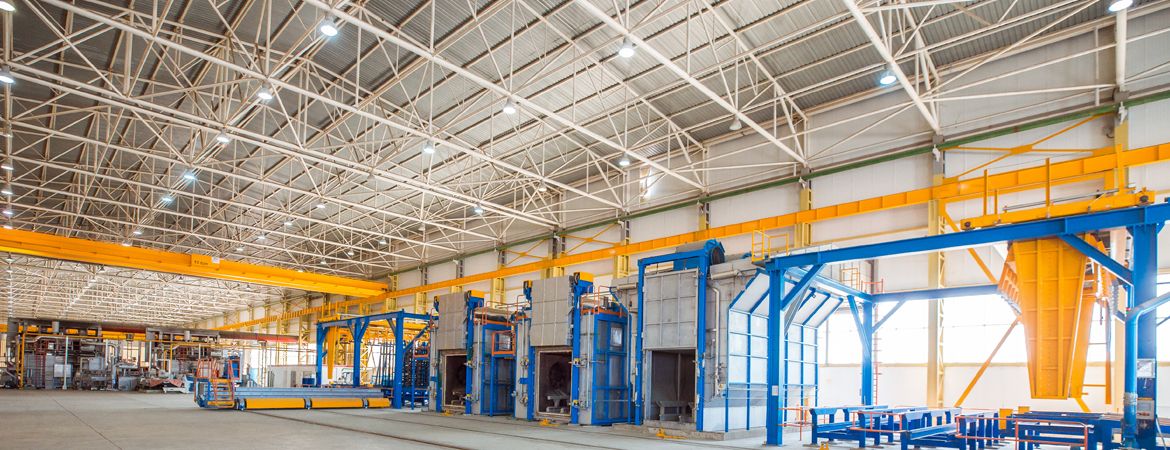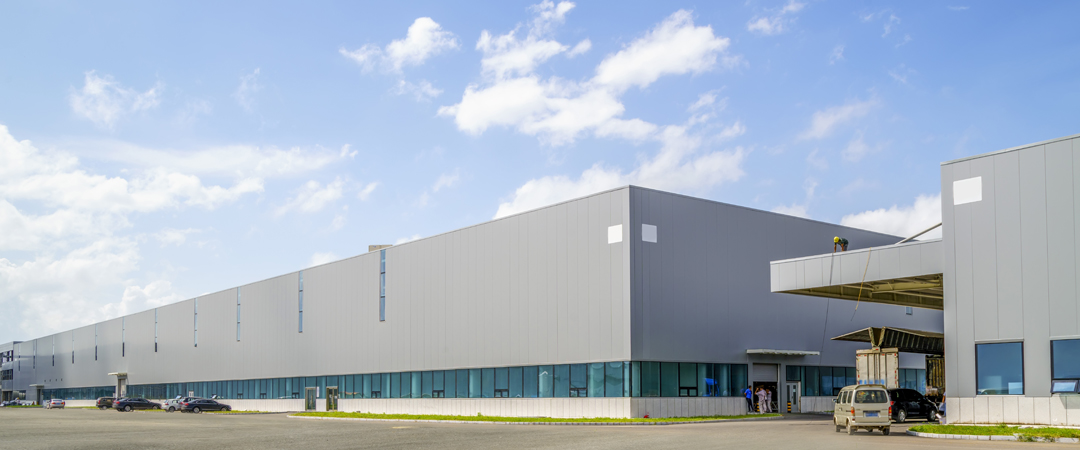
Industrial construction is a complex field that requires effective project management to ensure success. This guide will provide you with best practices for project management in industrial construction, helping you achieve your goals and avoid common pitfalls. Whether you’re an experienced professional or just starting out, this guide will provide you with the information you need to succeed in your industrial construction projects.
Develop a clear and detailed project plan.
One of the best practices for project management in industrial construction is to develop a clear and detailed plan. This involves defining project objectives, identifying the steps needed to achieve them, determining the necessary resources, and setting realistic deadlines. A clear and detailed project plan helps keep you on track, minimizes risks, and maximizes project management efficiency. It is also important to communicate this plan to all stakeholders to ensure everyone is on the same page and understands their expectations and responsibilities.
Identify and manage potential risks.
Identifying and managing potential risks is essential to the success of an industrial construction project. It is important to take the time to identify all possible risks, whether they are related to safety, the environment, costs, or other aspects of the project. Once risks have been identified, it is necessary to put in place measures to manage and mitigate them. This may include developing contingency plans, allocating additional resources to address potential risks, or implementing control and monitoring procedures to ensure risks are managed effectively. By identifying and managing potential risks early in the project, you can minimize delays, cost overruns, and unforeseen problems, and ensure the success of your industrial construction project.

Ensure clear and regular communication with all stakeholders.
Clear and regular communication with all stakeholders is essential for project management in industrial construction. This includes owners, contractors, subcontractors, suppliers, and anyone else involved in the project. Effective communication ensures that all parties are informed of progress, changes, and potential problems. It also allows for the rapid resolution of problems and informed decision-making. Implementing regular meetings, progress reports, and open communication channels can help maintain clear and transparent communication throughout the project.
Use project management tools to track and organize tasks.
The use of project management tools is essential for tracking and organizing tasks in industrial construction. These tools allow you to create task lists, assign responsibilities, set deadlines, and track the progress of each task. They also facilitate collaboration among team members by enabling the sharing of documents, real-time communication, and resource management. Some popular tools for project management in industrial construction include Trello, Asana, and Microsoft Project. By using these tools, you can ensure that all tasks are completed on time and that the project is progressing efficiently.
Conduct regular assessments to measure progress and make adjustments as needed.
One of the best practices for project management in industrial construction is to conduct regular assessments to measure progress and make adjustments as needed. This helps ensure that the project is moving in the right direction and allows for corrective action if problems or delays are identified.
During these assessments, it is important to consider project objectives, deadlines, available resources, and team performance. This can be done using key performance indicators (KPIs) specific to the project, such as on-time delivery, budget adherence, and quality of work performed.
By conducting these regular assessments, you can identify areas that require adjustments or improvements and take the necessary steps to address them. This may involve reallocating resources, adjusting deadlines, or adding new steps to the project.
In summary, conducting regular assessments is essential for measuring progress and making adjustments as needed in project management in industrial construction. This helps ensure the project progresses efficiently and guarantees its success.

